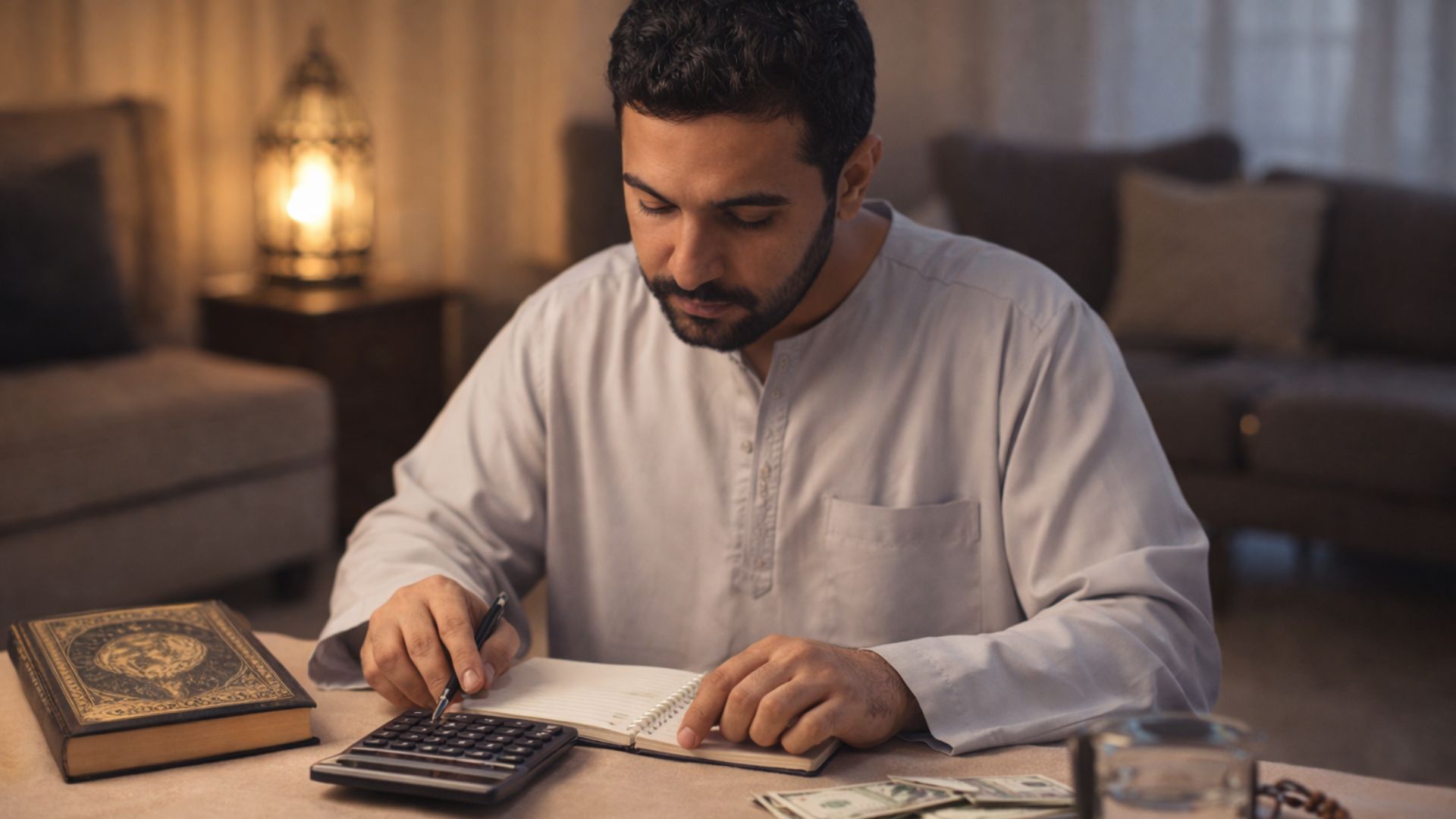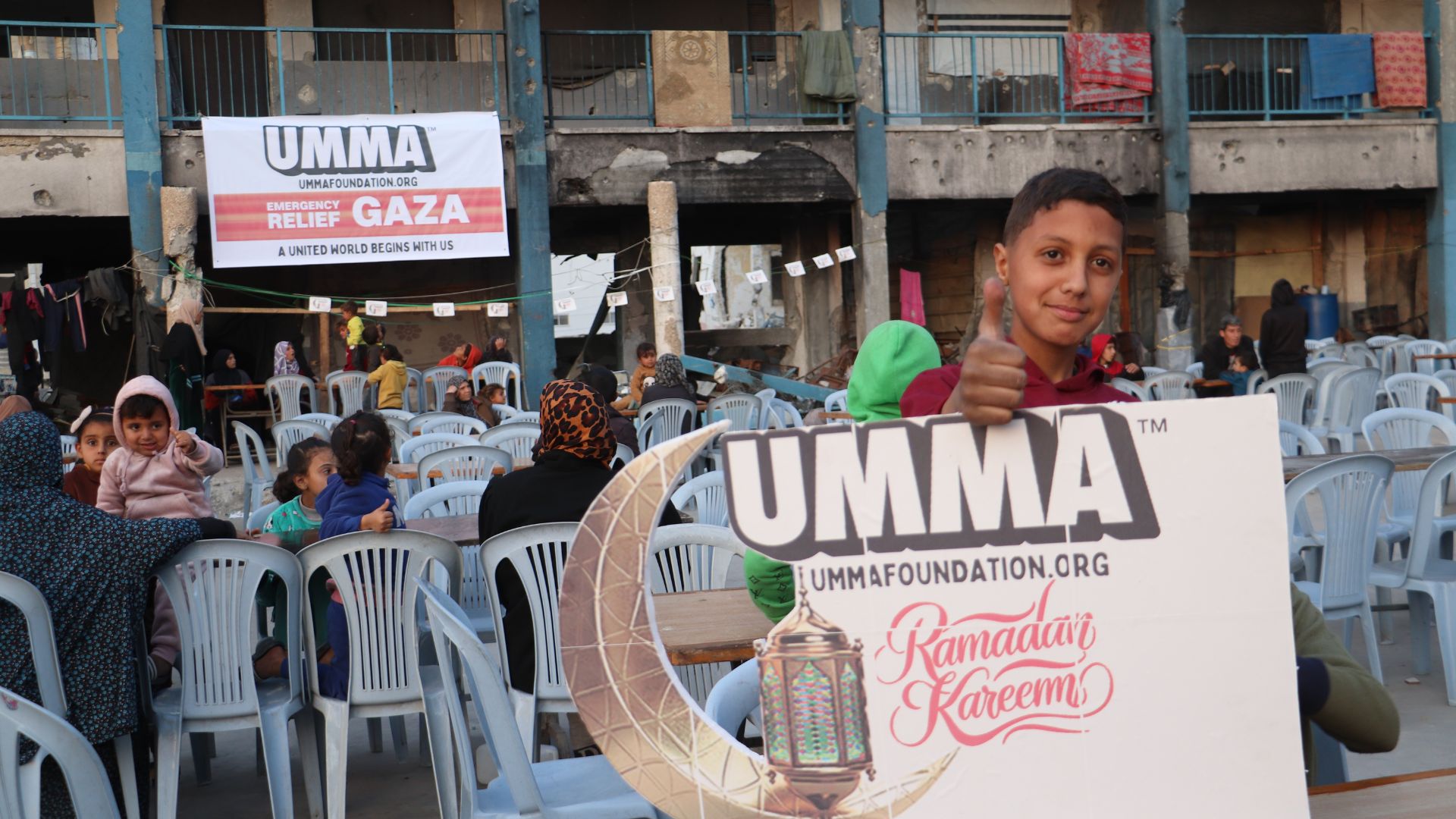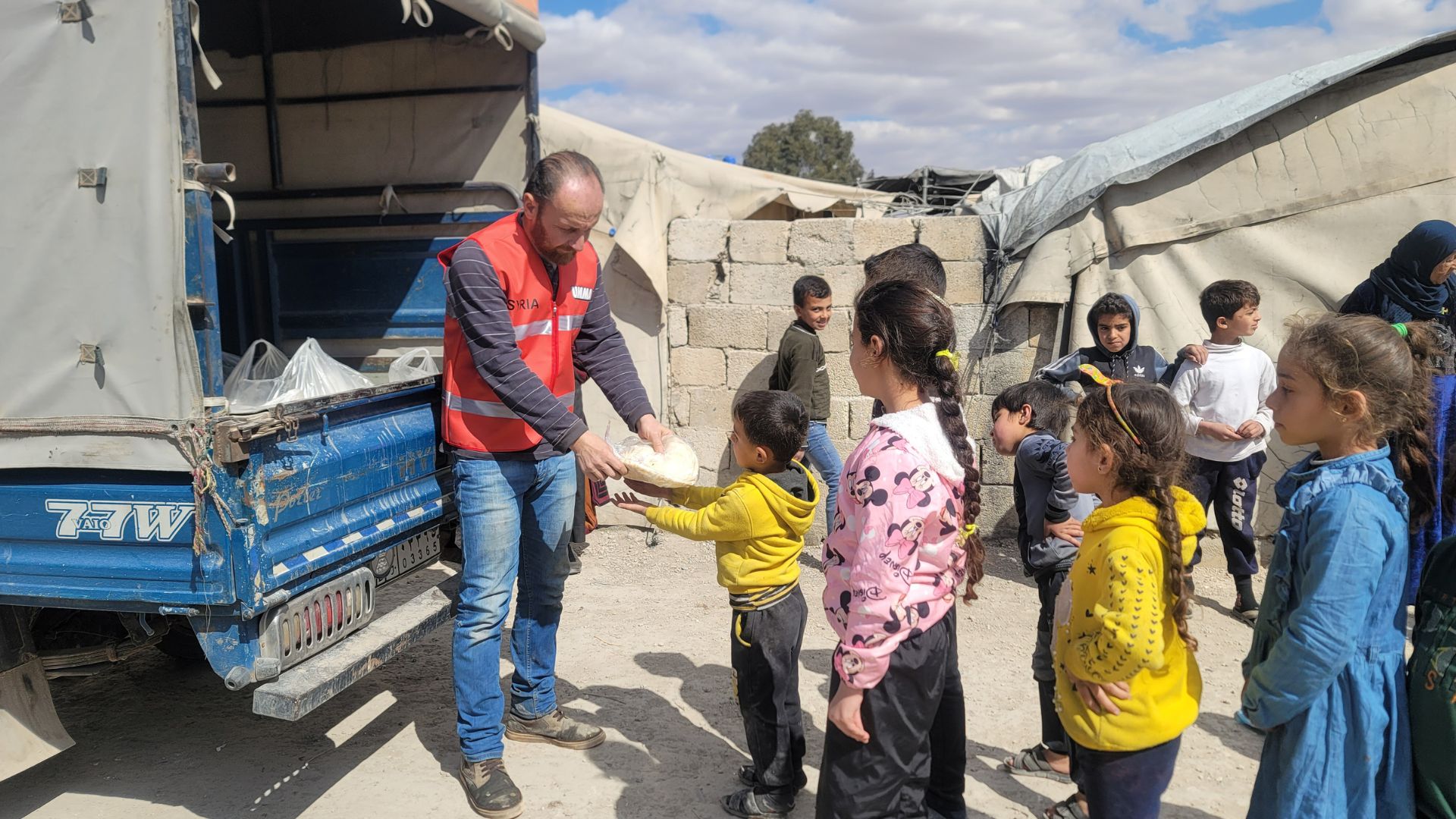Introduction
Sadaqah Jariyah is one of the most rewarding forms of charity in Islam. Unlike one-time donations, it offers ongoing benefits to those in need while continuously earning rewards for the giver long after the act is done.
In this guide, we'll break down the meaning of Sadaqah Jariyah, share real-world examples, and show how you can take part in this impactful form of giving.
What Is Sadaqah Jariyah?
Sadaqah Jariyah (صدقة جارية) means "continuous charity." It refers to acts of giving that provide ongoing benefit. As the Prophet Muhammad (صلى الله عليه وسلم) said:
"When a person dies, their deeds end except for three: ongoing charity (sadaqah jariyah), knowledge that is benefited from, or a righteous child who prays for them." (Sahih Muslim)
This form of charity is ideal for those who want their donations to leave a lasting legacy.
Examples of Sadaqah Jariyah
Here are some meaningful ways Sadaqah Jariyah can be practiced:
- Building a water well in a community lacking clean water
→ UNICEF on water access - Planting trees or crops that nourish others
→ One Tree Planted - Funding education, such as building a school or donating books
- Supporting medical clinics or mobile health units
→ Doctors Without Borders - Providing housing for orphans or refugees
→ Refugees International
These are all actions that continue to benefit people for years to come.
Why Sadaqah Jariyah Is Powerful
- Continuous Rewards: You earn ongoing blessings (ajr) as long as people benefit from your act.
- Sustainable Impact: It solves long-term problems rather than temporary ones.
- Spiritual Legacy: It allows you to leave a trace of good that outlives you.
Even small acts, like donating a Qur'an to a mosque or sponsoring an orphan's education, can count.
How to Give Sadaqah Jariyah Through Umma Foundation
At Umma Foundation, we help donors give smarter by investing in long-term solutions:
- Palm Tree Planting Campaign
→ Support our Umma Farm tree-planting initiative - Bread Distribution Ovens (Sudan, Yemen)
→ Help build local ovens to feed communities for years - Refugee Medical Aid
→ Provide equipment that supports hundreds of patients
Your support creates impact that keeps growing.
Sadaqah Jariyah vs. Zakat
While both are valuable forms of charity in Islam, they differ in purpose and application:
Sadaqah Jariyah is voluntary and can be given any time. It’s meant to offer lasting benefit, such as funding a water well, school, or medical equipment. Zakat, on the other hand, is an obligation—2.5% of one’s qualifying wealth must be given annually to eligible recipients outlined in the Qur'an (9:60). Zakat typically fulfills immediate needs, while Sadaqah Jariyah builds a legacy of ongoing support.
FAQs
Q: Can I give Sadaqah Jariyah on behalf of someone who passed away?
A: Yes, and it's highly recommended. It counts as a gift and ongoing reward for them.
Q: Is Sadaqah Jariyah only for big projects?
A: No. Even small donations to ongoing projects count.
Q: Is there a difference between Sadaqah and Sadaqah Jariyah?
A: Yes. Sadaqah is general charity. Sadaqah Jariyah is specifically charity that continues to benefit others over time.
Final Thoughts
Sadaqah Jariyah is more than a generous act — it's a lasting gift that continues to change lives long after it’s given. Whether it's a well, a tree, a school, or a medical kit, your support becomes a ripple of impact that multiplies with time. In a world that often needs long-term solutions, this form of charity is both spiritually rewarding and socially transformative.
By giving intentionally and consistently, you become part of a legacy of compassion and hope. Let your generosity live on through continuous good.
Want to start giving ongoing charity today?
Visit ummafoundation.org/donate and choose a Sadaqah Jariyah project today.











